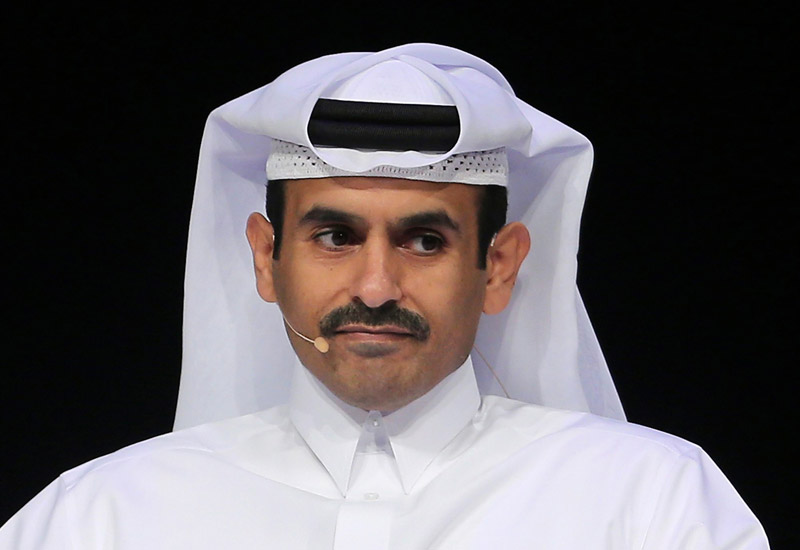Geopolitical and economic volatility in a post-COVID era are holding back progress to fight climate change, and are in fact forcing economies to take many steps backwards, warned HE Saad Sherida Al-Kaabi, Qatar’s minister of energy, president and CEO of QatarEnergy.
Speaking at the Asia Green Growth Partnership Ministerial Meeting, Al-Kaabi highlighted the impact of geopolitical challenges which have disrupted global energy supplies, impacted energy prices, and created concerns over energy security as well as accessibility.
“Inflationary pressures are impacting the oil and gas industry through rising production costs, delays in investment decisions, and increased policy uncertainty,” Al-Kaaabi noted.
“In this respect, natural gas is certainly the cleanest fossil fuel, and a much-needed reliable and economic solution to manage intermittency issues – when the sun is not shining, or when the wind is not blowing.”
HE Saad Sherida Al-Kaabi, Minister of State for Energy Affairs, president and CEO, QatarEnergy.
He added, “Such developments caused a setback in the kind of serious energy transition the world needs in order to address the immediate challenges of climate change. This has caused a serious erosion in public support for reducing carbon emissions in many countries which had earlier campaigned for greener energy and a carbon-free future – thus negating years of environmental achievements.”
Al-Kaabi also called for a serious and realistic energy transition and for greater investments in cleaner and renewable energies to drive capacity and baseload capability, saying: “We also have a responsibility to help people recognize that emotional demands to “cancel” hydrocarbons is not only unrealistic but, as recent months have proven, is harmful to a realistic, accelerated transition.”

Over the past few months, the gas-rich nation has been scaling up investments and partnerships in clean energy. Earlier this month, QatarEnergy said it will begin construction of the Ammonia-7 Project, which according to the state-owned company, will be the industry’s “first world-scale and largest blue ammonia project.”
Al-Kaabi said that hydrocarbons are not expected to “disappear” any time soon. So clean energy sources like natural gas are an essential part of a reliable and a responsible transition.
“In this respect, natural gas is certainly the cleanest fossil fuel, and a much-needed reliable and economic solution to manage intermittency issues – when the sun is not shining, or when the wind is not blowing,” the energy minister said.
Al-Kaabi also expressed support for Japan’s “Asia Energy Transition Initiative” including financial support for renewable energy, energy efficiency and LNG projects.

